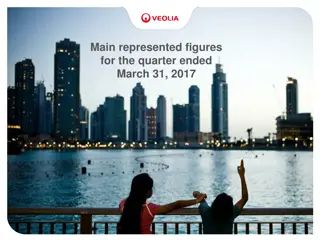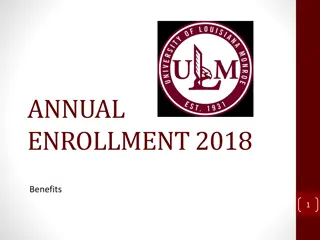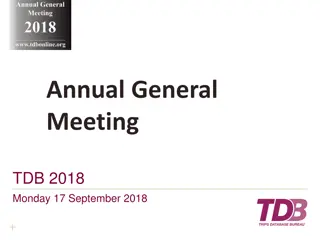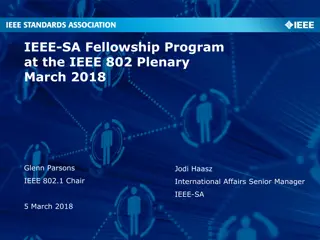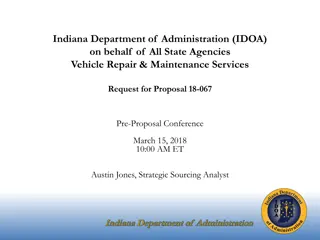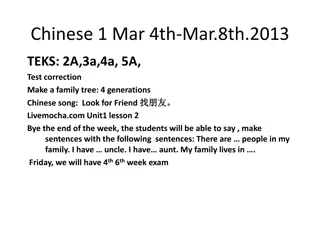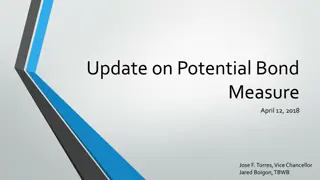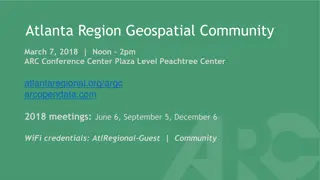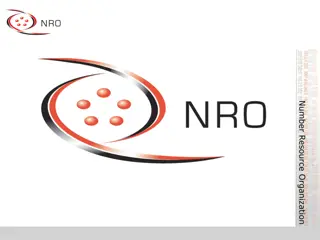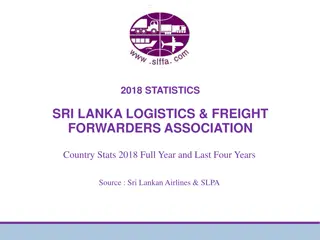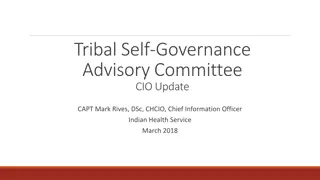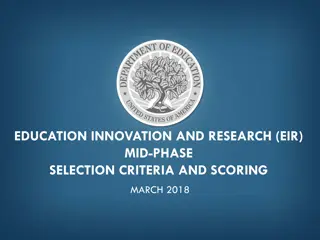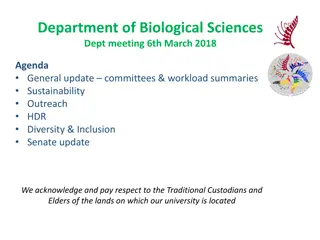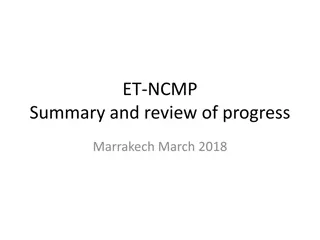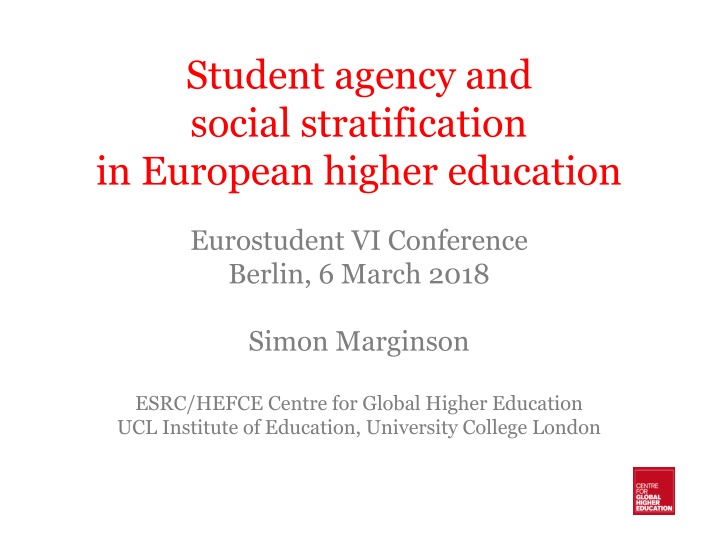
Impact of Higher Education on Individual Agency and Social Stratification in Europe
Explore the relationship between higher education, individual agency, and social stratification in Europe. Discover how higher education facilitates self-formation, influences freedom according to Amartya Sen, and enhances various aspects of individuals' lives. Research findings indicate the positive effects of higher education on employment, health, technological proficiency, mobility, interpersonal trust, civic engagement, and attitudes towards migration and diversity.
Download Presentation

Please find below an Image/Link to download the presentation.
The content on the website is provided AS IS for your information and personal use only. It may not be sold, licensed, or shared on other websites without obtaining consent from the author. If you encounter any issues during the download, it is possible that the publisher has removed the file from their server.
You are allowed to download the files provided on this website for personal or commercial use, subject to the condition that they are used lawfully. All files are the property of their respective owners.
The content on the website is provided AS IS for your information and personal use only. It may not be sold, licensed, or shared on other websites without obtaining consent from the author.
E N D
Presentation Transcript
Student agency and social stratification in European higher education Eurostudent VI Conference Berlin, 6 March 2018 Simon Marginson ESRC/HEFCE Centre for Global Higher Education UCL Institute of Education, University College London
Michel Foucault on self-formation Freedom is the capacity and the opportunity to participate in one s own self-formation - Stephen Ball, Foucault as Educator. Cham: Springer, p. 69
Higher education as student self-formation People use higher education to change themselves and their conditions of life. They want to become something new, though they do not always know what this will be. There is no necessary conflict between instrumental goals (education for job, career and earnings, education for social position, etc), and people enrolling because they love learning, or want to make friends, or find themselves. Many students want all these things. Students decide the balance between goals, and this balance, this mix, changes over time. All of these uses of higher education are aspects of student self-formation.
Amartya Sens three aspects of freedom Control freedom (negative freedom): freedom of the individual from external threat, coercion or constraint Effective freedom (positive freedom): Freedom as the capacity of the individual to act Agency freedom (will-power): freedom as the active human will, the capacity for self-directed conscious action Sen, A. (1985). Well-being, agency and freedom: The Dewey Lectures 1984. The Journal of Philosophy 82 (4), 169-221. Sen, A. (1992). Inequality Re-examined. Cambridge: Harvard University Press.
Research finds that people who achieve higher education, on average Have a larger range of employment options Are more likely to be in good health, as are their families Have more advanced skill in the use of information and communications technology (electronic agency) Are more geographically mobile, independent of income level (personal confidence and agency freedom) Report higher levels of inter-personal trust (also = greater personal agency) Are more likely to state that they have a say in government (also = greater personal agency) Are more positive about migration and cultural diversity - Walter McMahon, Higher Learning, Greater Good (2009); OECD, Education at a Glance (2015); OECD, Perspectives on Global Development 2017: International migration in a shifting world (2016) etc
Sen on structure and agency A person s capabilities depend on the nature of the social arrangements, which can be crucial for individual freedoms. ~ Amartya Sen, Development as Freedom, p. 288. New York: Basic Books Inequality, poverty and discrimination stratify the agency of individuals and groups. But building human agency, especially through education, is key to breaking through the structural limitations
Structural factors that facilitate the social differentiation of opportunity Elite schools and school sectors that affect selection Fields of study attached to differential social rewards Horizontal institutional diversity (mission, type) that becomes vertical (hierarchy of value), e.g. distinction between university and non-university institutions Public and private sector distinction Tuition barriers and differentiated tuition prices Intensified competition between institutions Differentiated student aspirations Under-learning (lower workloads, grade inflation, undue focus on satisfaction and peer networking social capital for the affluent, denies powerful knowledge to others
Bildung The aim of education is the active autonomous person within the framework of social life , a rational subject who uses reason in a public way and lives in the public sphere among other individual beings - Kivela, A. (2012). From Immanuel Kant to Johann Gottlieb Fichte Concept of education and German idealism. In Siljander, P., Kivela, A. and Sutinen, A. (eds.) (2012). Theories of Bildung and Growth. Rotterdam: Sense Publishers, p. 59

